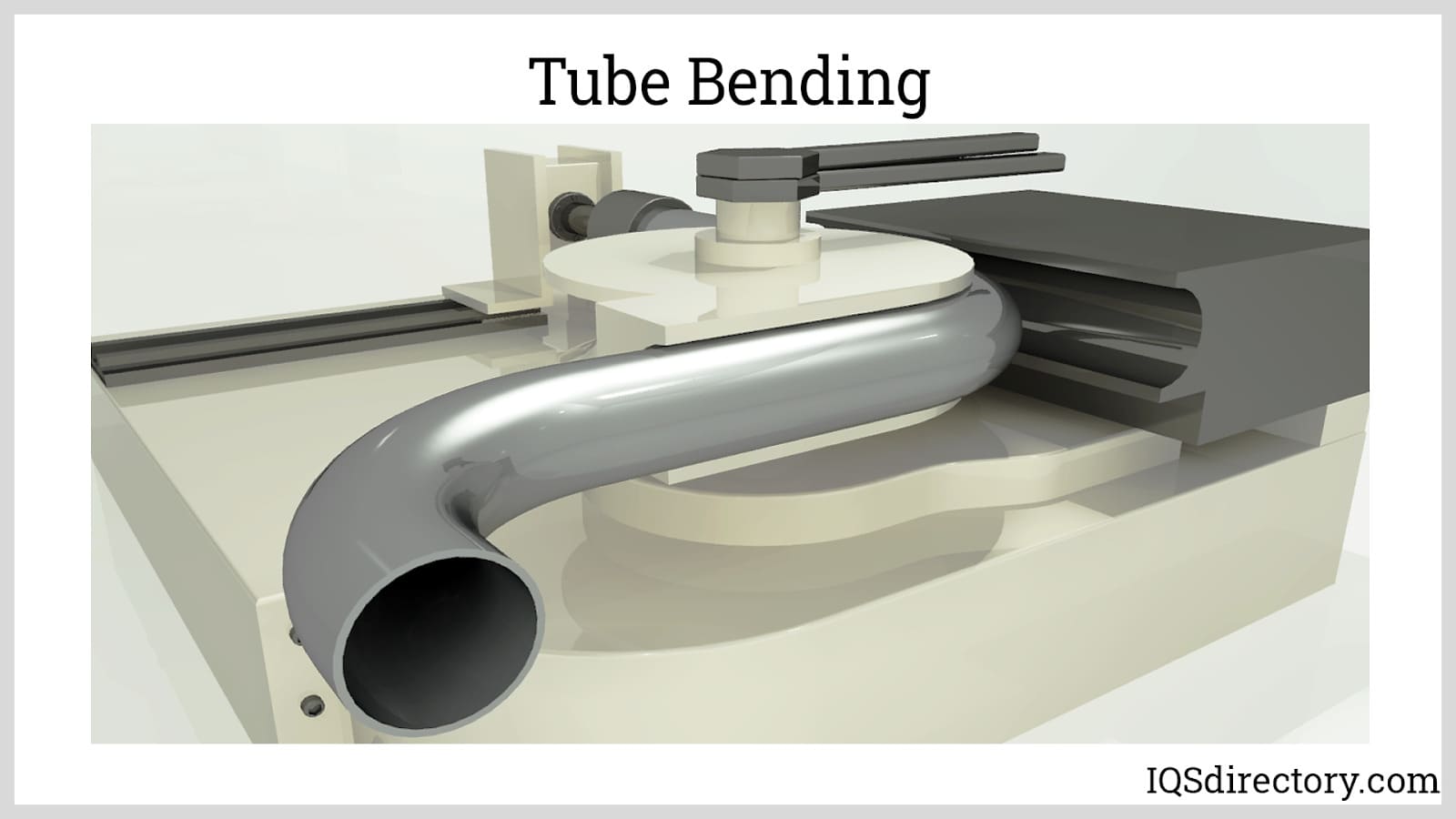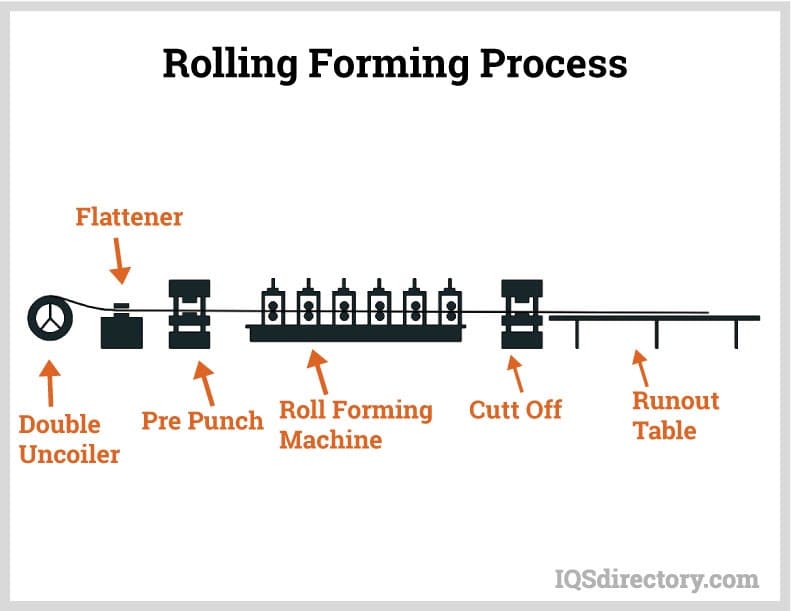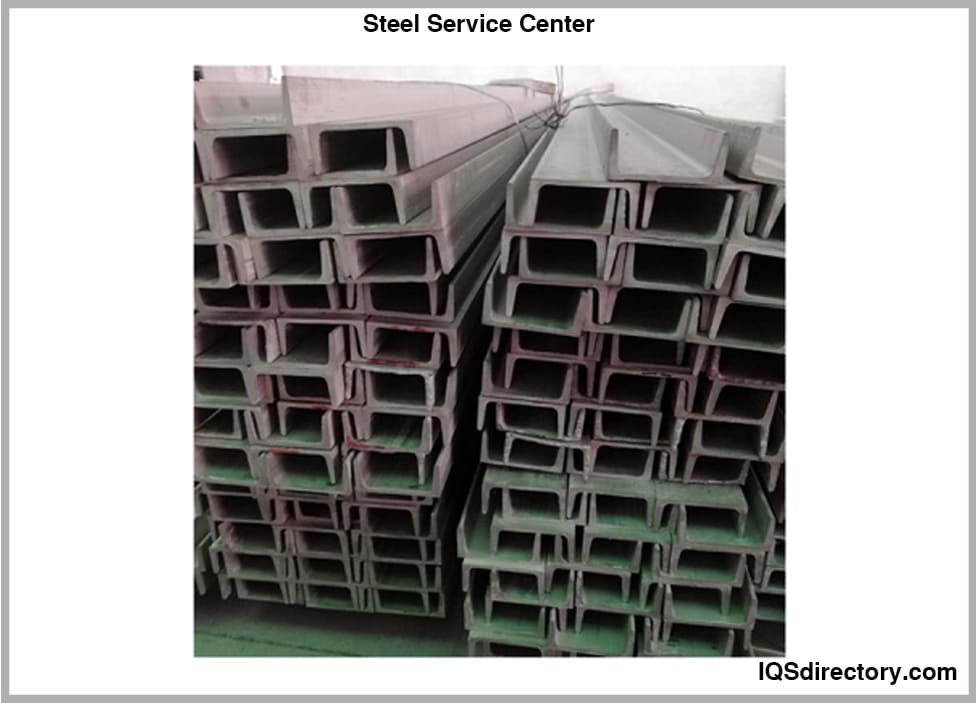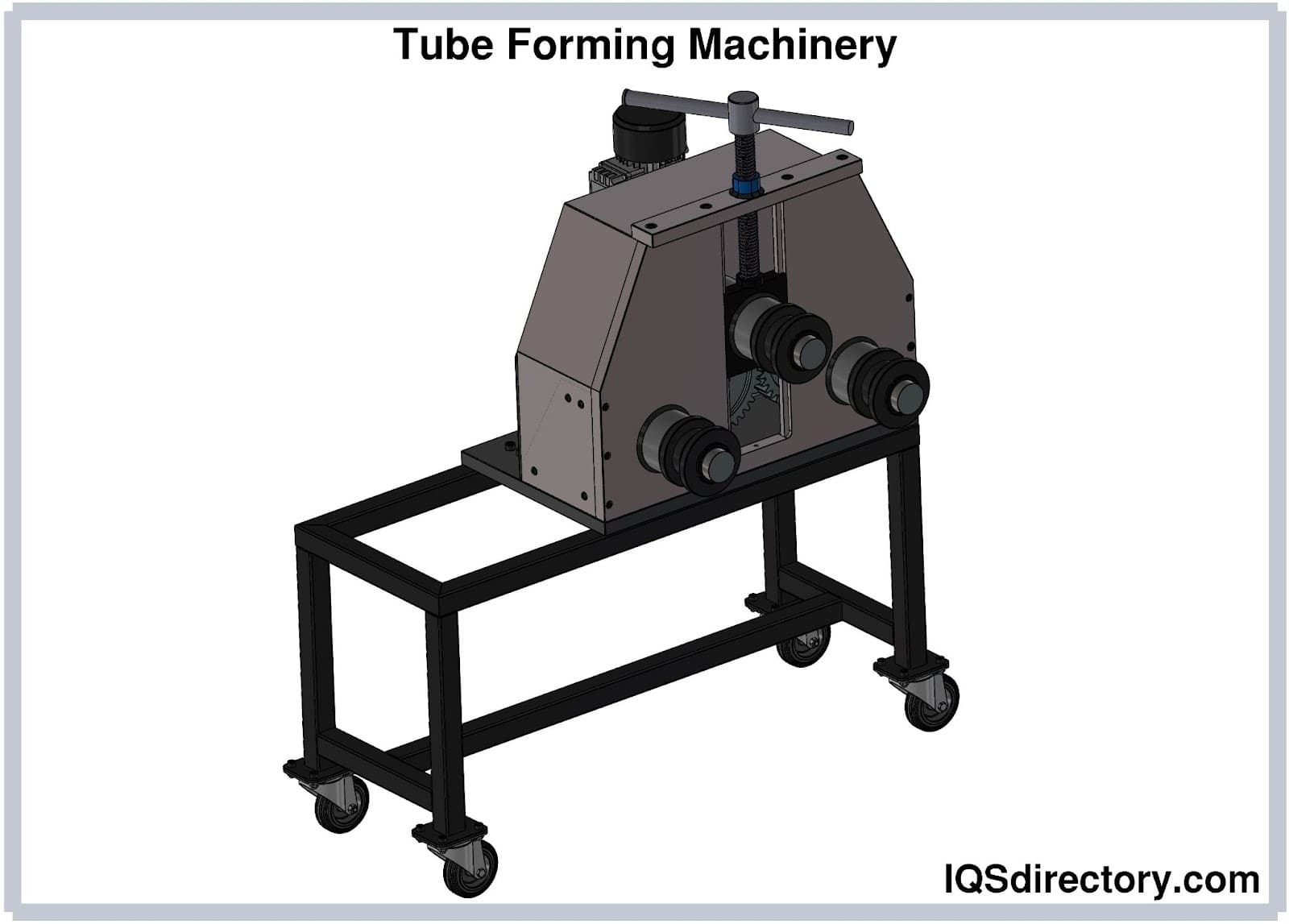Founded in 1990, Sharpe Products is an ISO 9001:2015 certified company specializing in industrial and commercial pipe and tube bending, laser cutting, end-forming or other custom fabrication services. In addition, we offer a robust line of architectural handrail fittings and accessories such as brackets, connectors, disks, end-caps, flanges, newel caps and spheres.

Here at Zeman Manufacturing Company we offer a number of services and products including: tube bending, tube end forming, tube assembly, tube cutting, hypodermic tube fabrication, tube coiling, tube swaging, lubricating oil cups, metal tube spacers and custom miniature headers. If you have any specialized requests then give one of our representatives a call today! Please visit our website if you...

With 75+ years of experience, H-P Products, Inc. is a leader in precision tube fabrication. We offer CNC bending up to 8" OD, NC bending up to 10" OD, laser tube cutting, welding, and end-forming to support a wide range of industries. From complex geometries to contract manufacturing, customers rely on us for consistent quality and dependable results.

Diemo Machine Works provides precision machining, custom fabrication, welding, laser cutting, and tube bending services. With meticulous attention to detail and commitment to excellence, we deliver high-quality, custom-engineered solutions that meet the diverse needs of our clients across various industries.

At Erin Industries, Inc., we take great pride in our expertise and capabilities in the field of tube fabrication. With a commitment to precision, reliability, and innovation, we continuously strive to elevate the standards of tube fabrication within the industry. Erin Industries, Inc. is your trusted partner for all your tube fabrication needs, delivering products and services that meet and...

Chardon Metal Products leads the industry in CNC precision machining, tube bending, fabrication, screw machine products, and assembly services. We're proud to offer a diversified portfolio of manufacturing processes to meet customer's needs. Our diversity and problem solving expertise have allowed us to grow and strengthen our position in the marketplace over the past seven decades. Contact us...

At Hafendorfer Machine, Inc., we specialize in tube fabrication services that support precision manufacturing across demanding industrial applications. We work with a wide range of metals and tube sizes, applying tightly controlled processes to ensure dimensional accuracy, structural integrity, and repeatable quality.

At Hafendorfer Machine, Inc., we specialize in tube fabrication services that support precision manufacturing across demanding industrial applications. We work with a wide range of metals and tube sizes, applying tightly controlled processes to ensure dimensional accuracy, structural integrity, and repeatable quality.

More Thin Wall Tubing Manufacturers
Thin wall tubing is becoming increasingly used in various industries which require precise measurements including: medical, for applications such as catheter systems, lab equipment, and surgical instruments and diagnostic equipment; industrial manufacturing, for chemical and solvent processing; automotive, for fuel lines, bundling, color coding and wire harnessing and other engine and fuel processes.
The thickness of the wall does not affect the outside diameter (OD), although it does affect the inner diameter (ID), which is calculated as OD minus two times the wall thickness. Thin wall tubing can be fabricated from metals such as stainless steel, aluminum, steel, copper and brass, as well as plastics including polyvinyl chloride (PVC), Teflon, nylon and polyethylene terephthalate (PET).
Some advantages of thin wall tubing include good insulating properties, excellent abrasion and chemical resistance, high strain relief, high temperature capabilities and protection against mechanical damage. In addition, certain types of thin wall tubing are up to military (MIL) standards and may be used in corresponding applications such as military vehicle harnessing. Some thin wall tubes may also be flexible allowing for increased application usage not limited to range of movement.
Two different processes are used in thin wall tubing manufacturing: tube rolling and tube extrusion. Tube rolling involves three main steps: cutting pre-impregnated materials and rolling them around a mold or mandrel; wrapping the mandrel in a sleeve or film to eliminate retained air; and heat-curing, after which the mandrel can be removed to release the formed hollow tube. In tube rolling, to make thin-walled tubing, the pre-impregnated materials must be wrapped incredibly tightly around the mold.
Of all the tube rolling mill types, Assel mills are the best-suited for high precision in tubing wall thicknesses. However, tube extrusion is a much more common process. In order to begin extrusion, a round billet is pressed by a ram through a die, which is a hollow profile that shapes the material into the desired shape as the billet is squeezed through. This process is performed at extremely high temperatures. The material can be extruded through the die using two different methods of extrusion: indirect extrusion and direct extrusion.
In direct extrusion, the die is held stationary while the ram pushes the billet through the die opening. In indirect extrusion, the die is held stationary as the hollow ram moves into the stationary billet from one end, forcing the material to flow through the die. After the thin-wall tubing has been extruded, it is straightened by a stretcher into the desired length. There are a number of steps in tube fabricating and tube cutting and each needs to be considered carefully.
















 Broaching
Broaching CNC Machining
CNC Machining Expanded Metals
Expanded Metals Laser Cutting
Laser Cutting Metal Etching
Metal Etching Metal Fabrication
Metal Fabrication Perforated Metals
Perforated Metals Screw Machine Products
Screw Machine Products Metal Stampings
Metal Stampings Sheet Metal Fabrication
Sheet Metal Fabrication Tube Fabrication
Tube Fabrication Water Jet Cutting
Water Jet Cutting Castings & Forgings
Castings & Forgings Bulk Material Handling
Bulk Material Handling Electrical & Electronic Components
Electrical & Electronic Components Flow Instrumentation
Flow Instrumentation Hardware
Hardware Material Handling Equipment
Material Handling Equipment Metal Cutting Services
Metal Cutting Services Metal Forming Services
Metal Forming Services Metal Suppliers
Metal Suppliers Motion Control Products
Motion Control Products Plant & Facility Equipment
Plant & Facility Equipment Plant & Facility Supplies
Plant & Facility Supplies Plastic Molding Processes
Plastic Molding Processes Pumps & Valves
Pumps & Valves Recycling Equipment
Recycling Equipment Rubber Products & Services
Rubber Products & Services